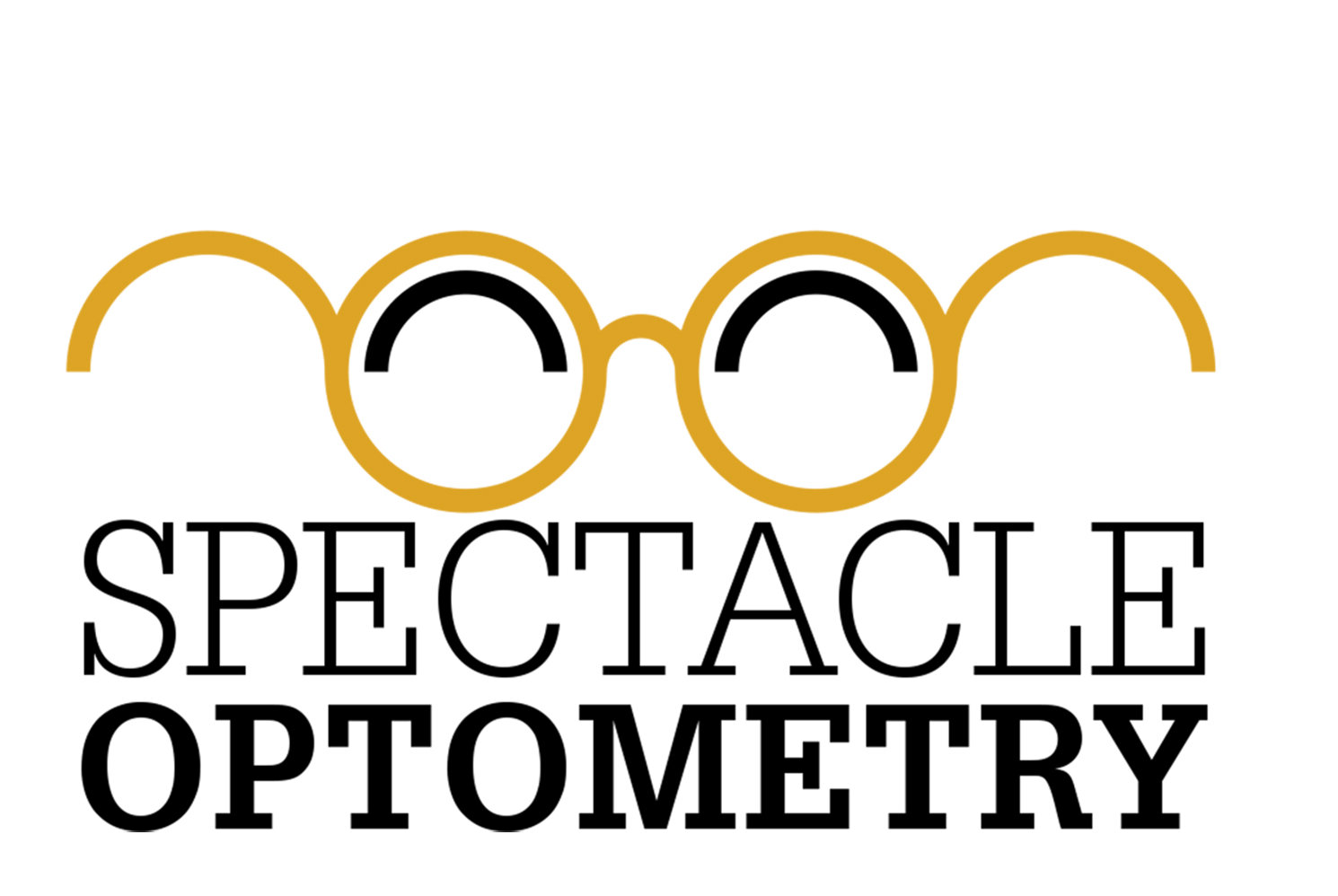DIABETIC EYE DISEASE
November is National Diabetes Month to bring awareness to this prevalent disease, so we wanted to take a moment to highlight just how diabetes can affect your eyes and vision. If you’ve been recently diagnosed with diabetes, I’m sure your doctor has mentioned to get regular eye exams, but you might be wondering why that is, or maybe you have a family member or friend who has diabetes and just want to learn more. No matter the reason, we are glad you are here! Diabetes is one of the leading causes in preventable blindness, so you can “see” why we are huge advocates of knowing about how diabetes can affect your eyes.
Blurry vision
Especially as a patient is newly diagnosed with diabetes, it takes time to get the blood sugar under control which can take several trials and errors of medications. During this time, it is common for the blood sugar to spike and dip. With each dramatic change in blood sugar, we can see vision fluctuations as well. One day your glasses may work great, while the next they are incredibly blurry! As frustrating as this may be, we often say not to get glasses made during those first few months of fluctuations as the prescription may not be the most accurate. Once the blood sugar is better controlled, we do recommend updating your glasses to help you see your very best!
Any other time you may have changes to blood sugars, trying out different medications, back of the eye manifestations or complications with other areas of your body from diabetes, you can definitely see vision changes. These are your cues to get checked out right away!
Cataracts
While cataracts are a normal aging change, diabetes can cause cataracts to progress more rapidly or have an earlier onset. Cataracts will cause the vision to be hazy or yellow in color. Some say it looks like a film over their vision. Luckily, this is an easy fix by removing those cataracts with cataract surgery. More questions about cataracts? Check out our previous blog here for more info. Just something to keep in mind as it is not typically something we think about starting in your 40s or 50s but that certainly can be the case in diabetic patients.
Macular Edema
Macular edema, or swelling of the macula, will solely affect your central vision. It can take on different characteristics making it extremely difficult to focus on things directly in front of you. Just another reason why annual eye exams are important to catch some of the early signs of this condition and be treated for it right away. Be sure to check out this cool infographic we found, thanks to Healthline, that spotlights all the changes to the vision and progression that can be seen with macular edema.
Diabetic Retinopathy
Diabetic retinopathy may be the most well-known of the complications of diabetes and for good reason! It can cause the most permanent damage if not treated early on. Typically, we find that diabetic retinopathy becomes more of a concern the longer you have had diabetes, especially more risk after about that 10 year mark. However, if the diabetes is not well-controlled with constant blood sugar spikes, it is common to see it much earlier. There are several ways the blood sugar can damage the retina and vitreous, but most often we see this in blood vessel leakage or abnormal blood vessel growth. Injections to the back of the eye can reduce the bleeding and symptoms. However, it can also become a repetitive thing… bleeding, injections, go a few months of no problems, all to have it repeat all over again. All of these instances can also cause different symptoms. Sometimes it’s blurry vision, others floaters or blacking out of vision or even clouding as blood pools in the vitreous. No matter what you may be seeing, if it is not usual for you, go see your optometrist or ophthalmologist immediately! Time is of the essence in these scenarios.
As you can see, diabetes can cause several different complications to our eyes and vision. If you are diabetic, please be sure to get your eyes checked yearly, try to have a well-balanced diet (we know sometimes that’s easier said than done!), take the meds you need to be taking, and check in with your primary care doctor regularly to modify things as needed and to be sure all is on track!





